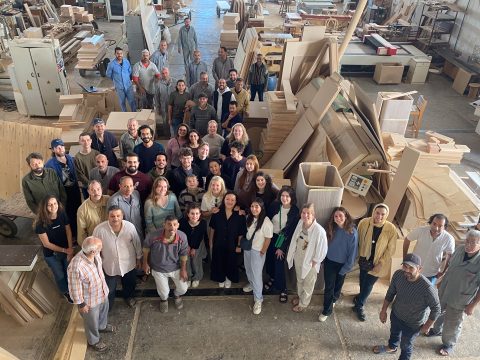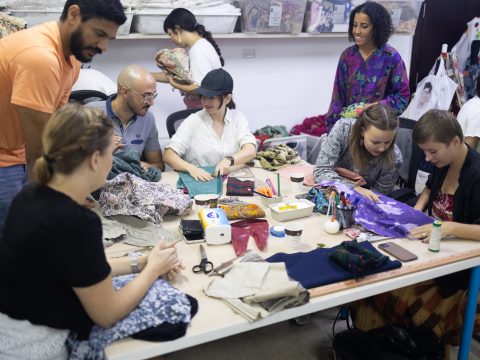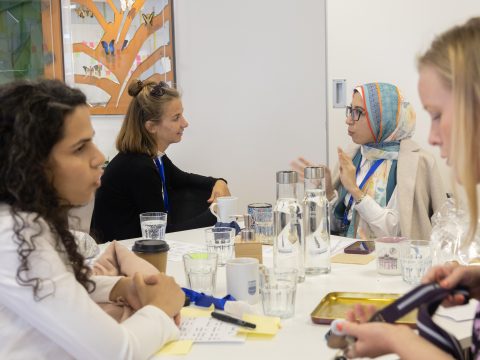Being part of a network makes you feel like you’re not alone. The 22 young women leaders praised their mutual support when they reunited during a workshop in Cairo
By Rowan El Shimi
During a visit to the National Museum for Egyptian Civilization, a group of Danish and Egyptian women paused in front of the royal mummy of Queen Hatshepsut: Despite not being a male like almost all her predecessors, Queen Hatshepsut ruled Egypt for 22 years during the New Kingdom.
“Her reign was the most peaceful and was known as a time of construction, restoration and rich trade,” Simone Didrichsen, IT and Projects Manager in the Copenhagen Municipality says. “It reminded me of one of the mottos of a fellow participant in the network; Dare to Lead Like a Woman,” she says.











